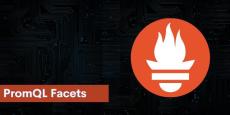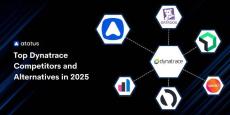- February 2025 (4)
- January 2025 (15)
- December 2024 (10)
- November 2024 (4)
- October 2024 (5)
- September 2024 (4)
- August 2024 (3)
- July 2024 (3)
- June 2024 (8)
- May 2024 (4)
- April 2024 (5)
- March 2024 (17)
- February 2024 (12)
- January 2024 (15)
- December 2023 (4)
- November 2023 (11)
- September 2023 (7)
- August 2023 (13)
- July 2023 (10)
- June 2023 (7)
- May 2023 (2)
- April 2023 (9)
- March 2023 (6)
- February 2023 (8)
- January 2023 (7)
- December 2022 (10)
- November 2022 (7)
- October 2022 (3)
- August 2022 (9)
- July 2022 (14)
- June 2022 (10)
- May 2022 (8)
- April 2022 (5)
- March 2022 (6)
- February 2022 (8)
- January 2022 (9)
- December 2021 (4)
- November 2021 (6)
- October 2021 (6)
- September 2021 (7)
- August 2021 (7)
- July 2021 (9)
- June 2021 (19)
- May 2021 (1)
- April 2021 (2)
- March 2021 (3)
- February 2021 (4)
- January 2021 (3)
- December 2020 (3)
- March 2019 (2)
- November 2017 (1)
- October 2017 (1)
- September 2017 (1)
- May 2017 (1)
- March 2017 (1)
- February 2017 (1)
- January 2017 (1)
- October 2016 (1)
Seamlessly monitor your entire software stack. Gain end-to-end visibility of every business transaction and see how each layer of your software stack affects your customer experience.
Atatus builds performance monitoring infrastructure for every online business. We automate the annoying parts of error tracking and performance monitoring. Atatus supports PHP, Node.js, JavaScript, Angular, React & more frameworks.
Atatus is a SaaS-delivered application performance and error tracking solution, delivering full-stack visibility for all your apps. Our platform is able to dynamically collect millions of performance data points across your applications so you can quickly resolve issues, and improve digital customer experiences. And all of this happens in real time, in production, with cloud or on-premise deployment flexibility.
Get deeper insight into performance issues and crashes affecting your apps using Atatus's performance monitoring and error tracking service. Try it for free.










